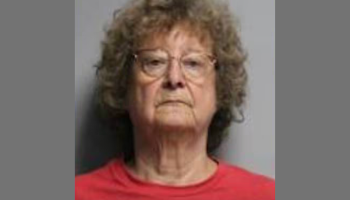As a confirmation to what many already know: a recent study reveals that life for Black folks is indeed a B*tch (capital “B” intended).
The study, orchestrated by the MacArthur Foundation entitled,“How Housing Matters,” states that, in one U.S. city where they followed 11 families, 16 households headed by women are evicted every day. In many cases, it is one missed paycheck that can make a difference in having a roof over your head or not; because it often opens the door to a downward spiral, causing a cataclysmic effect on the fundamental aspects of your livelihood or living.
The study reveals there are a lot of folk spending as much as 50% of their salary on rent – some, according to the study, as much as 80%.
The study, done in Milwaukee, reveals that while Black men face alarmingly high incarceration rates, Black women are disproportionately evicted from their homes. Every day, 16,000 adults and children are evicted from approximately 6,000 housing units, the equivalent of 16 households per day.
These statistics only account for court-ordered evictions; not coercive tactics like paying unwanted tenants to vacate, housing condemnations, or landlord foreclosures.
The brief was based on a recent study in Wisconsin, which followed 11 families through a string of evictions, analyzed 29,960 eviction records in Milwaukee County between 2003 and 2007 and conducted 251 on-site surveys at Milwaukee’s eviction court in January and February 2011. It offers a comprehensive analysis of how eviction sets in motion a chain reaction that exacerbates the decline of already struggling, poor families.
The study shows those cast out from their homes most are disproportionately women from Black and Hispanic neighborhoods.
The reasons for this, according to the study, can be anything from lower wages, living paycheck to paycheck, and female-headed households.
Additionally, because women struggling to stay afloat don’t want to bring a landlord’s attention to themselves (or the significant other who may live with them, yet is not officially on the lease), they often underreport unsafe or unsanitary living conditions in older housing structures or don’t report problems that may even pose health code violations.















